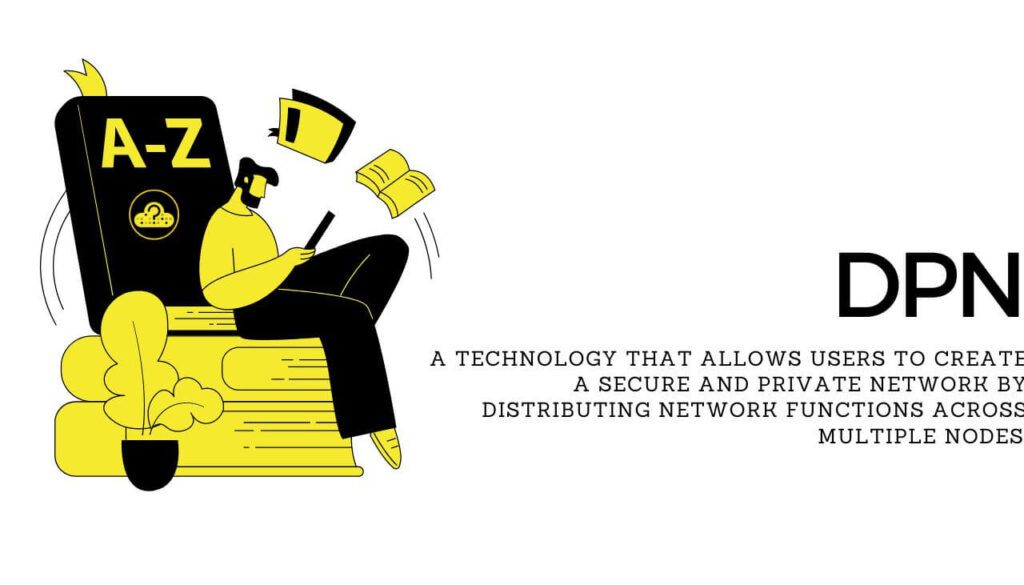What Is DPN (Decentralized Private Network)?
- Short Definition:
- DPN, or Decentralized Private Network, is a technology that allows users to create a secure and private network by distributing network functions across multiple nodes, reducing reliance on centralized servers.
- Extended Definition:
-
A Decentralized Private Network is an innovative networking concept that emphasizes security and privacy. Unlike traditional networks that rely on centralized servers, DPNs distribute network functions across a network of nodes, often using blockchain or distributed ledger technology.
Much like VPNs, decentralized VPNs employ encrypted tunnels for web traffic, but with a distinctive twist: they operate on decentralized networks rather than centralized ones. DPNs are serverless and distributed, bolstering security to prevent data logging, hacking, or subpoenas.
Within a decentralized private network, user devices wear dual hats as clients (akin to everyday internet users) and servers (similar to Amazon Web Services or Google). These devices dynamically adjust their IP addresses according to routing rules, establishing connections with nodes worldwide.
The absence of a central point of control in DPNs shields them from centralized attacks, rendering the network impervious to takedowns. Users also wield control over their data, as no centralized provider can access the information they intend to safeguard. However, security experts
How Does DPN Work?
The technology operates by decentralizing network functions across multiple nodes or devices. It employs advanced technologies like blockchain or distributed ledger systems to ensure security and privacy. In a DPN, instead of relying on a central server, data and network management are distributed among various nodes. This makes it challenging for any single entity to control or access the entire network. This decentralized approach enhances security, protects user data, and preserves privacy, supposedly providing a safer and more private online experience for users.
What Are Some Concerns with Using DPNs?
Several concerns accompany the use of DPNs, despite their promising features. These include:
- Complexity. DPNs can be more difficult to set up and configure compared to traditional VPNs, which may deter some users.
- Speed and Latency. The decentralized nature of DPNs can sometimes result in slower connection speeds and increased latency due to routing through multiple nodes.
- Limited Accessibility. DPNs may not be as widely accessible or user-friendly as conventional VPN services, potentially limiting their adoption.
- Regulatory Uncertainty. The regulatory landscape surrounding DPNs is evolving, raising questions about their legality and potential legal consequences for users.
- Security Risks. While DPNs aim to enhance security, the technology is still relatively new, and vulnerabilities may emerge.
- Scalability. Scalability can be a concern for DPNs, especially if they aim to accommodate a large number of users while maintaining decentralization.

For more definitions, check out our dedicated Definitions List.
